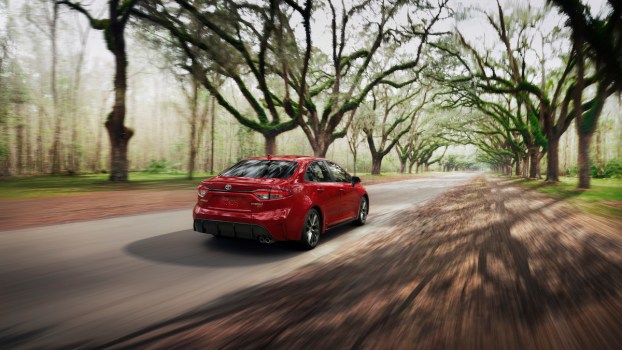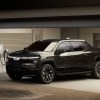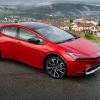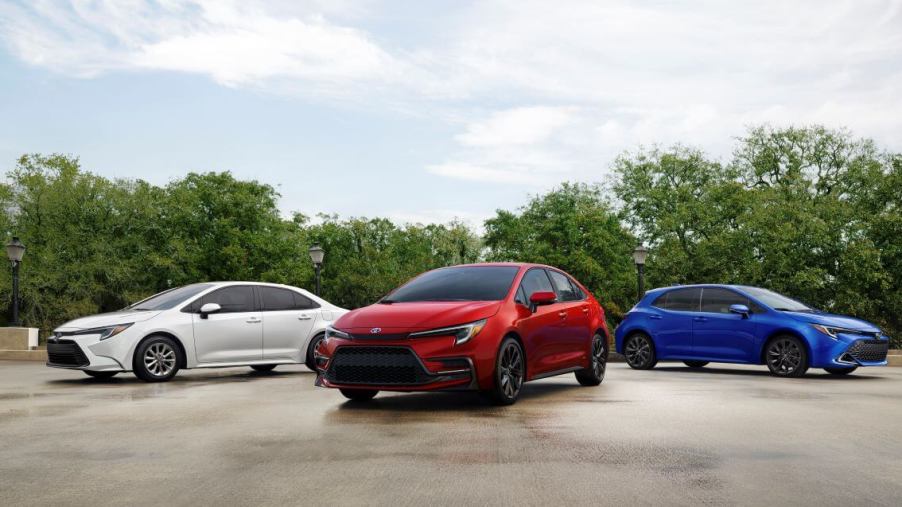
3 Most Efficient Sedans That Are Not EVs
Electric vehicles (EVs) are the hot new thing, and they seem to be here to stay, with sales rising from year to year. Thankfully, EVs typically boast exceptional acceleration and are the most efficient options on the market. That said, EVs can be quite expensive long term compared to their ICE counterparts—assuming you keep them long enough to require a battery replacement. Additionally, despite the money you save on fuel, the MSRP is often significantly more than other offerings, such as the ones included in this list. EVs are undoubtedly awesome but are unattainable for many consumers shopping with a budget. So, let’s look at the three most fuel-efficient sedans that still require gasoline for propulsion and just might be within your price range.
1. Toyota Corolla Hybrid
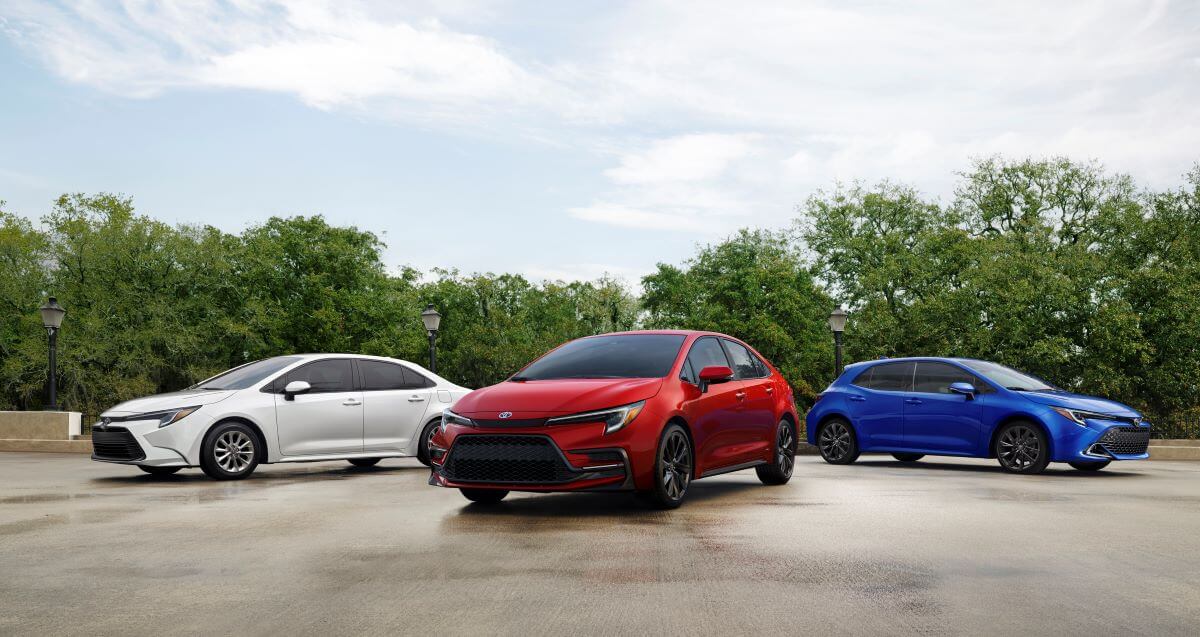
The 2023 Toyota Corolla Hybrid is an absolute bargain for those looking for ultimate efficiency. It’s worth noting that the Corolla’s ultimate efficiency has seen a reduction from the previous year but has been given a significant power upgrade. According to the U.S. Department of Energy, in 2022, the Corolla Hybrid made 121 hp and 105 lb-ft of torque and managed an impressive 53 city mpg and 52 highway mpg. The 2023 model only manages 53 city mpg and 43 highway mpg but does so due to a fairly impressive power bump. If you opt for AWD, you’ll be penalized even more at 47 city mpg and 41 highway mpg. The Corolla Hybrid now makes 134 hp and 156 lb-ft and manages 0-60 mph in 9.0 seconds. Certainly, no Tesla Model 3, but a heck of a lot faster than the 10.7 seconds the previous model year managed. A Corolla Hybrid will set you back $23,225, including a destination charge for the base LE. An SE AWD will be a bit of a jump but can be purchased for a relatively reasonable $26,640.
2. Toyota Prius
While the Toyota Corolla Hybrid looks identical to its ICE counterpart, the Toyota Prius has never been shy about what it is: the most efficient non-EV on the market. If you were hesitant about the previous generation Prius because of its ghastly exterior, fear not. The 2023 Prius has been fully redesigned and is actually quite attractive. Like the Corolla, the Prius has been given a power bump. Up from the meager 121 hp and 105 lb-ft of torque from the previous 1.8L powertrain, this new 2.0L-equipped model makes an impressive 194 hp and 139 lb-ft of torque, reports U.S News. Though the city fuel economy drops from 58 mpg to 57 mpg, the highway rating jumps from 53 mpg to 58 mpg. This is, of course, only with the LE trim. With the upper trims, much like the last generation, fuel economy takes a bit of a hit at only 52/52 mpg. AWD models drop even further to 49 city mpg and 50 highway mpg. You may be wondering: what kind of money does one have to pay for the most efficient non-EV? For the LE, only $28,545 with a destination charge and fees. If you opt for the plush Limited trim, the cost rises to over $36,000. More expensive, yes, but try finding a similarly sized electric vehicle for under $40,000, and you’ll come up empty.
3. Hyundai Sonata Hybrid Blue
The 2023 Hyundai Sonata Hybrid has three trim levels: Blue, SEL, and Limited. The U.S. D.O.E only references the Blue trim on its list of most efficient non-EV vehicles, so we’ll stick to the specs on that. The Sonata Hybrid Blue makes 192 hp and 139 lb-ft of torque from its 2.0L hybrid powertrain. For a midsize sedan that competes with the likes of the Toyota Camry and Honda Accord, the Sonata Hybrid manages a very competitive 50 city mpg and 54 highway mpg. Not bad, considering the Sonata Blue starts at $29,365 with destination and fees and comes with Hyundai’s famous 10-year/100,000-mile powertrain warranty.
Hybrids are the best compromise
Electric cars may very well be the future. Unfortunately, most EVs are currently too expensive for the average consumer to buy and own long-term. This is sure to change in the coming years as more EVs hit the market and the infrastructure improves. In the meantime, drive a hybrid if you want to save the world and money at the pump.
